EWU President presents personal perspective
At the top of the polished stone staircase in Eastern’s Showalter Hall, tucked back from the long hallways, high ceilings and echoing voices, is the Office of the President.
For the past eight years, the rich wooden walls and earth-toned décor of the office was the workplace of Dr. Rodolfo Arévalo, who announced his retirement earlier this year after 40 years of working in higher education.
The room has a new occupant now; Dr. Mary Cullinan, the 26th president of Eastern Washington University.
After a search that spanned five months, Eastern’s board of trustees narrowed down the nearly 40 applicants for the position to five final candidates, with Cullinan being announced as the new president in June.
Her term began August 1.
After a rocky tenure at Southern Oregon University, where she spent the last eight years, Cullinan said having the opportunity to step into Arévalo’s shoes is a delight.
Cullinan knows very well that the position of the university president comes with a big responsibility; the burden the office carries goes beyond just the education of the students. It extends to the faculty, the staff and the myriad of people who depend on the stimulus provided by a functioning university.
But when the running shoes are kicked off and the reading lamp comes on, the person who sits behind the big desk in Showalter Hall is just that. A person.
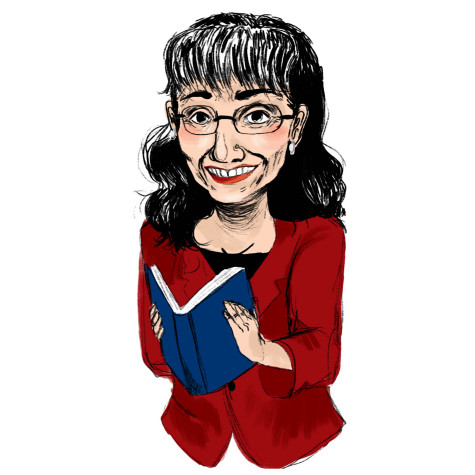
Q: Tell me about yourself. Where did you grow up? What was your life like?
A: It was fascinating growing up; my father was in the Eisenhower administration, so we lived right in Washington, D.C.
I was really interested in all that was going on, and our conversation around the dinner table was politics, but it also became quite clear in my own mind that I did not want to go into politics at all.
I always loved reading, and particularly, 19th century novels. I kind of followed that train all the way through college. In honors English at the University of Pennsylvania I focused on the 19th century novel. Then I went to the University of Wisconsin for my master’s and Ph.D., and focused again on the novel.
I just loved thinking about, and writing about, English literature.
But then when I got out of graduate school, I thought, “My, I have followed a very narrow path.”
And so, I came out to California and began working for small businesses, and as a consultant. I worked for the Fort Mason Foundation as a grant writer.
So, I took a few years and expanded my skill set and actually got hired by University of California Berkeley to work in their M.B.A. program, to help their M.B.A. students to learn to write, because now I had this business experience as well as the writing experience.
Then I got hired at Cal State, Hayward, which is now Cal State, East Bay, to work in their business school and teach business communication.
I did that for a number of years and then went over to the English department at Hayward, and taught literature and writing and ran the composition program.
Q: Have you ever written a book of your own?
A: Oh, yes, I have.
I wrote articles in graduate school on my dissertation topic, and then my first book was a book on a Scottish author named Susan Ferrier, who is a contemporary of Sir Walter Scott in the early 19th century.
Then I began writing books about business communication because I had headed into that field. I did two or three books there.
Q: Was that a little bit different from your background in literature?
A: Yes, but I was interested in writing all along. So, communication and writing were really a main focus of mine.
Q: So, besides writing and literature, what are some of your hobbies and interests? What do you like to do in your spare time?
A: I’m a runner, so I get up in the morning and run as often as I can. I do about an hour of running in the morning. That’s really my favorite thing to do, because I can do it right out my door.
I really just love being outdoors, being in the quiet of the early morning, running around neighborhoods, and sort of freeing my mind.
Q: Have you done a lot of running since you got to Eastern?
A: I have. I’ve been running all over campus, and I have explored Cheney as much as I can. I do a lot of that.
I love to go hiking, but that takes a time commitment I don’t always have. So, the running is something I can do very regularly.
Q: What got you into education? Why is it important, especially higher education?
A: My parents were very committed to education, and I always saw the importance in my own mind.
When I was an undergraduate, I thought that I might be an education minor and teach English.
But I did some volunteering in the schools, and I thought, “You know, I really want to teach at the college level.” It just made a lot more sense to me.
So, I began to realize that teaching at a university was really what I wanted to do.
Q: Do you plan to do any teaching while you are at Eastern?
A: I would love to.
It’s really hard for a president to teach on a regular basis because I have to travel so much, and I have a lot of external commitments. Even these first six or seven weeks I’m driving to Spokane, sometimes twice a day, and I’ve been over on the west side, so it’s really hard.
I would welcome being a guest lecturer for classes. I would love to talk with students in any way, but I don’t think it’s fair to them to try to commit to a term’s worth of teaching.
Q: Your term as the new EWU president started August 1. What was going through your mind when you received the news that you had been selected for the job?
A: I was so happy. I was really delighted. It was very exciting.
I had known President Arévalo for a number of years, and we were both provosts in Texas, and he had actually been at my university in California before my time, but I knew about him.
And then we both became presidents the same year in the Pacific Northwest back in 2006.
So, I knew what a great job he had done to move this university forward. It’s much larger than the University I was president of in Oregon, and I had been there eight years, and this was a great opportunity to step into his shoes and help to move this university forward.
Q: What led to your pursuit of the EWU presidency?
A: I was actually at a meeting with president Arévalo, and he told me he was going to retire. That was just back in April. And I looked at him, and I said, “I would love your job.”
Which was amazing, because everything moved really quickly after that.
It was kind of fortuitous; we were just there at a board meeting, and I thought, “Wow that would be grand.”
Q: When you first visited EWU, what did you think of the campus itself? What kind of people did you meet? What was your impression of the community we have here?
A: I was just overwhelmed by the beauty of the campus. It’s a gorgeous campus. Then, when I saw the campus in Spokane, I thought it was a remarkable place. I was really impressed that the people of the state had invested in higher education in a significant way in this more rural part of the state.
People have been very warm, friendly and welcoming. I have felt a lot of community spirit and fellowship since I’ve been here.
I started meeting with faculty and met with a number of groups; I met with a couple of departments, but I’ve been more external since I’ve come here.
Since school hadn’t started yet, a lot of faculty weren’t here and the students are just arriving, it was delightful to meet the mayor of Cheney and the Mayor of Spokane, legislators, superintendents and the university presidents of the various universities here.
They’ve all been very welcoming.
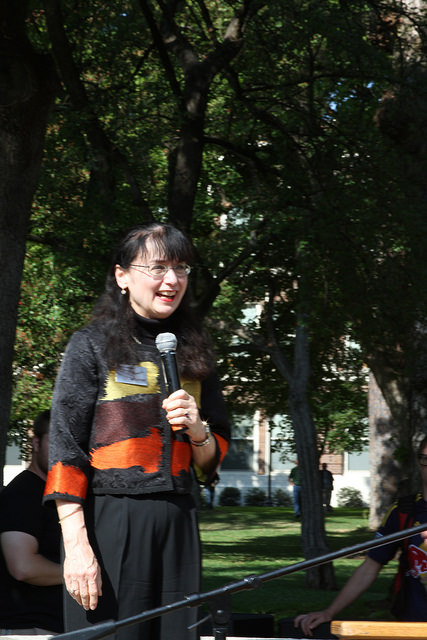
Q: Do have a specific example of any person or group that was especially kind to you when you arrived?
I walked into the Department of Licensing to get my car registered, and a young man behind the desk said, “President Cullinan, we’ll get your car registered.” He was an alum[ni], and he recognized my face. It was just nice to be there as a stranger in Spokane and have someone reach out like that.
Q: Not just you, but two others in your administration at Southern Oregon University were given votes of no confidence during a [March 6] senate meeting. You were given the chance to explain your side of the story to the EWU board of trustees. What were the circumstances? What is your side of the story that was taken into account?
A: I will say first, that for my particular situation, they did a vote, but there were not a significant number of votes against me. I had quite a bit of support.
My vice presidents received a worse evaluation, I guess, but it came out of a very difficult union bargaining situation. We have a faculty union at that university, and my two vice presidents were on the bargaining team.
As I’m sure you know, union negotiations can get very hot. And it got very hot.
Oregon has been through some very difficult financial times, and we simply could not give people raises. People really were angry about that; it was a very unfortunate situation.
We were having severe financial issues.
The whole state was in a difficult situation. Portland State, I think the faculty almost went on strike, Eastern Oregon, maybe they have resolved the contract by now, but they hadn’t when I left Oregon a few months ago.
All across the state, the universities were feeling tremendous stress, and the state simply stepped away from higher education. I know we have felt it here in Washington, but Oregon has a long history of just stepping away.
So, at this point, students are paying about 85 percent of the cost of going to school in Oregon.
And every time you increase salaries you have to raise tuition, and that was just becoming a terrible equation that I feel I couldn’t do to students.
It also put the faculty in a bad situation because their salaries weren’t increasing. It was a very unpleasant, sad situation, and I’m very sad that the state of Oregon is unable to support its very fine universities.
Q: After you and the other members of your administration received these votes, what happened next?
A: Well, I explained to the faculty senate that they simply make recommendations to me. That is all that they can do. They don’t participate in personnel decisions.
They can make recommendations to me, they can make recommendations to the chancellor and the board about me, which they did not do, but they recommended to me that I fire two vice presidents.
I said I appreciate their input.
But I already knew that one of those individuals was planning to retire. I knew he was going to go, and that he was probably the person that faculty was most unhappy with. I didn’t share with them that he was planning to retire because that is a personnel decision.
And so everything that happened as a result of that is really not disclosable to the general public, they are personnel decisions, and all of the discussions about personnel issues are confidential.
Q: How does it make you feel that you got hired so quickly at Eastern after all of that?
A: I was actually thinking about what other possibilities there were starting earlier last year. I really didn’t see anything that caught my eye that I was really excited about.
So, as I said, it really wasn’t until April that I was at the board meeting with president Arévalo that I thought, “That’s a place that would really be wonderful.”
Q: What can we expect from you in the 2014/2015 school year?
A: This year I really want to see a few things ratcheted up, and one of them is student advising.
No university that I know of really does a fantastic job of providing students with advising across the board in the way that they need.
Whether they are on a distant site, whether they are transfer students, changing majors, coming in as freshmen, I don’t think we have cracked that code for helping students see the pathway as well as they should.
So that’s a big piece.
I would also love for every new student to have a mentor. A faculty or a staff person who is not in their department, just someone they can talk to frankly and connect with.
That would be a huge initiative.
Maybe we would start with a pilot, maybe just with students in the residence halls, or some sort of manageable group. But I think one of the ways we can help students be successful is making sure that they are not disconnected from the campus.
When you have students that live off campus, and drive in and take courses, or they have a family of their own, and they’re only coming in a couple days a week, they’re not engaged, and often they drop out.
So I’d like to have a mentor program that would really enable students to have a connection. If a student is saying, “I need to make my car payment, I don’t think I can make the tuition for winter term, I think I’ll take a term out,” that student should call his or her mentor and say “This is what I’m thinking,” and get some advice.
Those are two things I’d like to see.
Q: What are your long-term goals for Eastern?
A: Well, we’re launching the third year of our strategic plan.
I met with a large group of faculty and staff, the student body president was the only student there, this morning.
The goal that I have is that Eastern Washington University really crack the code for student success. That we figure out how, not to mold every student to be successful in the way that we envision, but that we create pathways to success for all the different kinds of students that we have here.
And that we reach out to a whole array of people.
For instance, working people who never got a degree. Or, people who have families, and could come back to college if we could provide some pathways for them.
That we reach out to schools, to really enable underrepresented students, first generation students, diverse students of all kinds, to come here. That this should be the place that not only reaches out to students of all kinds, but that does everything possible to make those students successful.
And not just to graduate, but also to make sure that they have the skills to be successful after they graduate. And I would like this university to be the university that everybody knows does that.
So, that’s what I laid out for people this morning, and I think we’re well on our way.
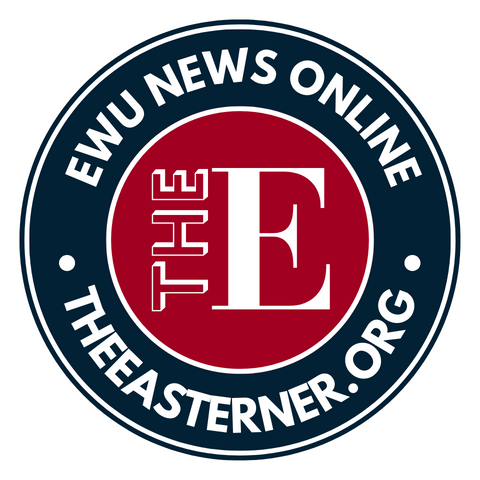
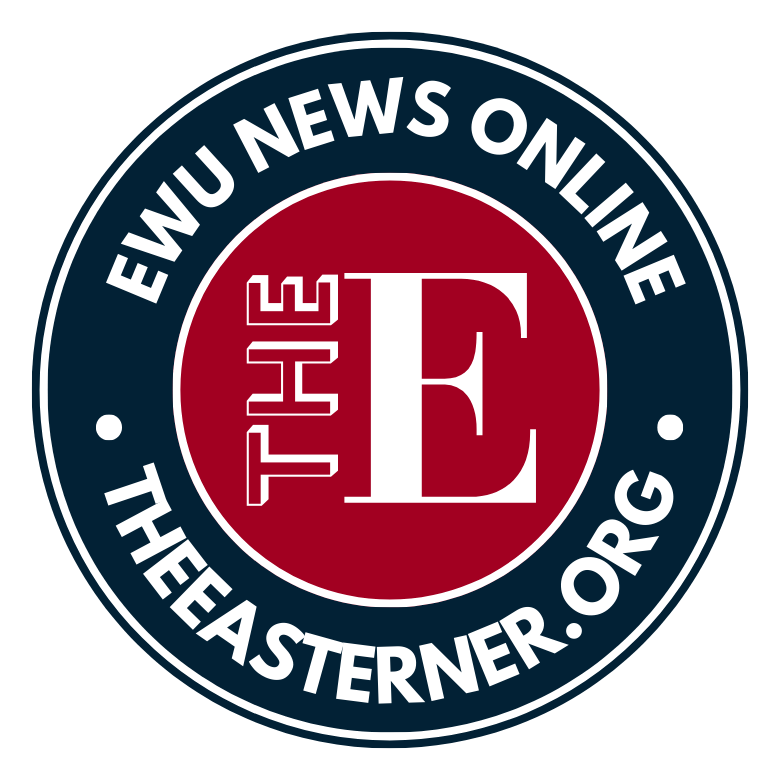

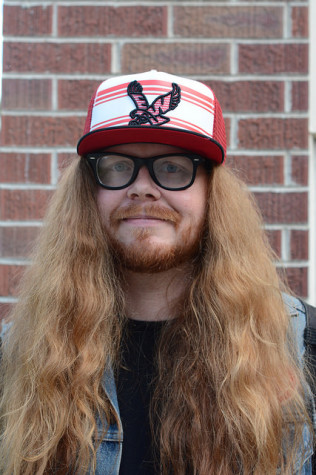
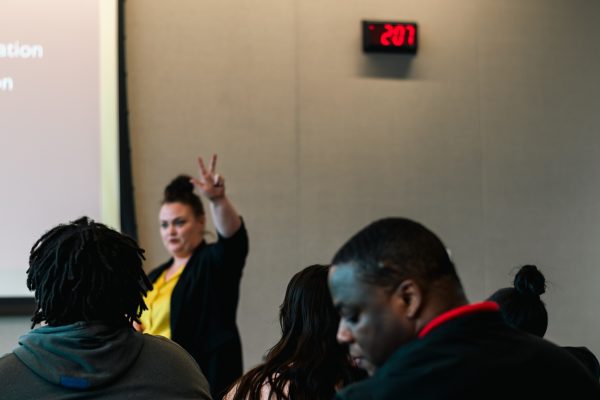
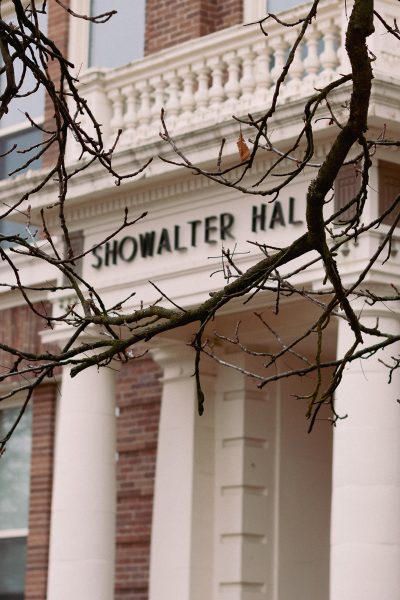
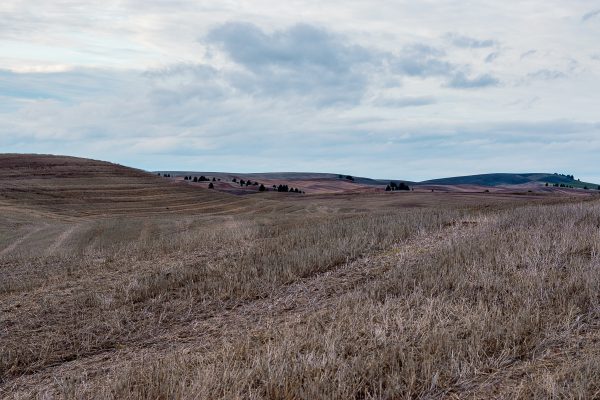
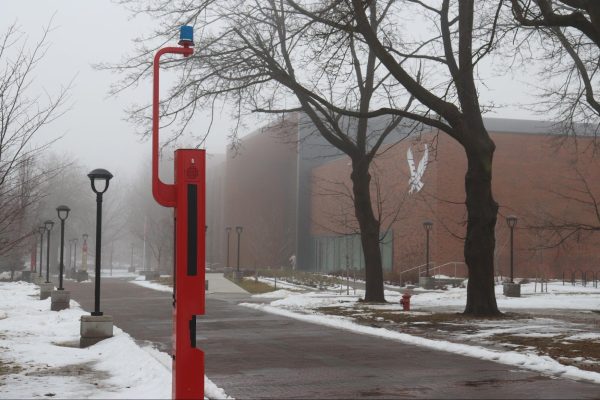
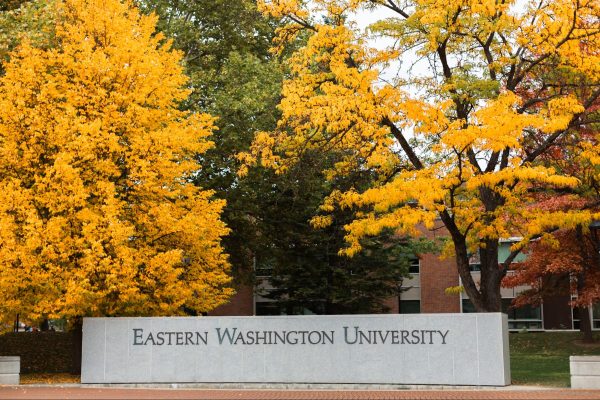
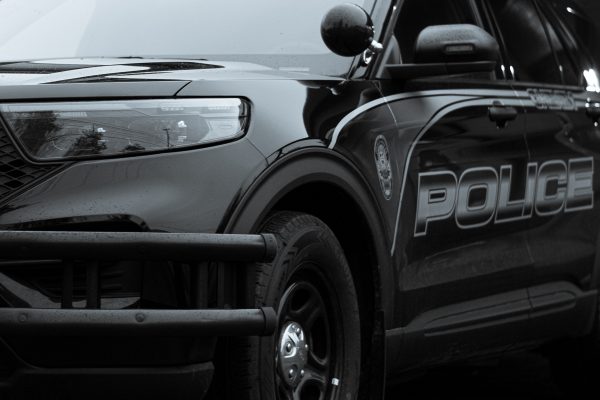
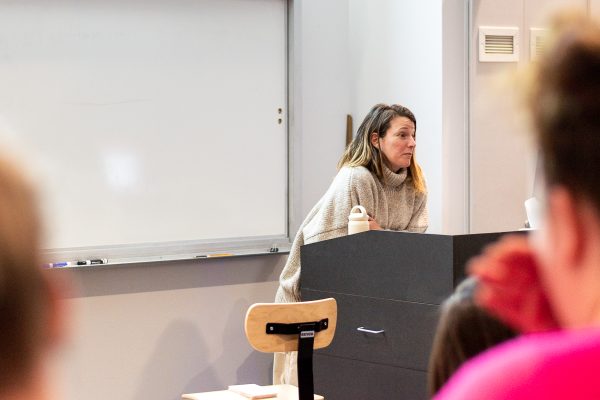
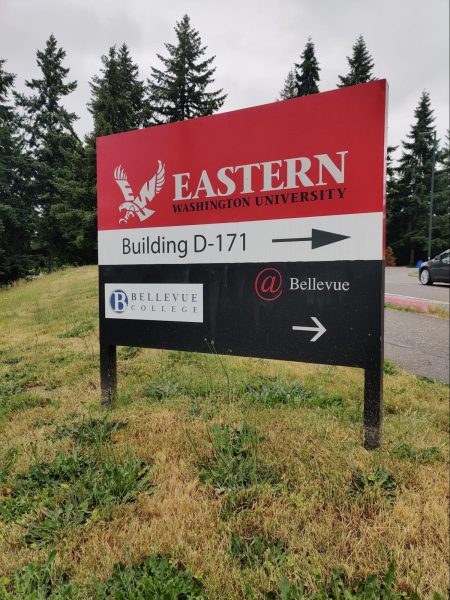

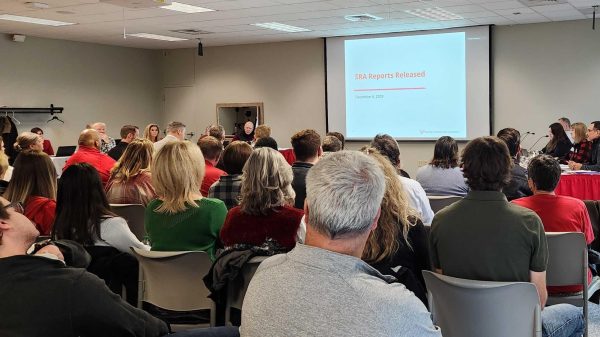
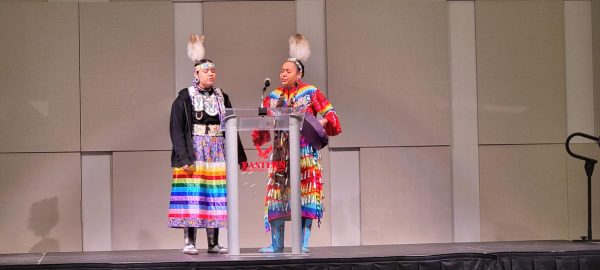
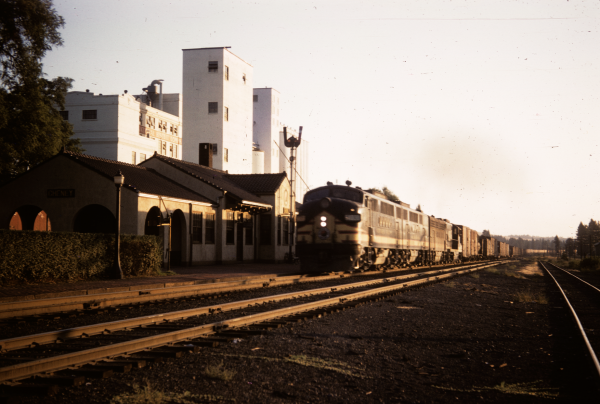
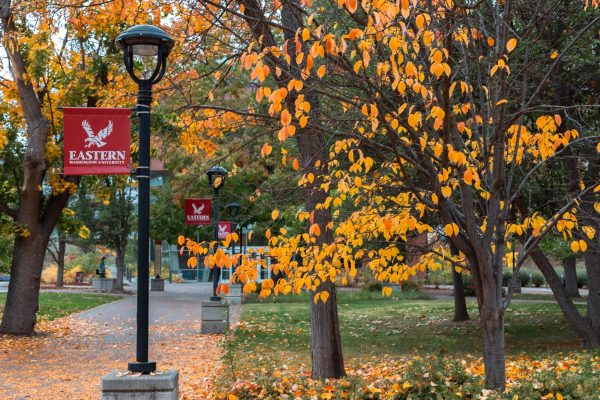
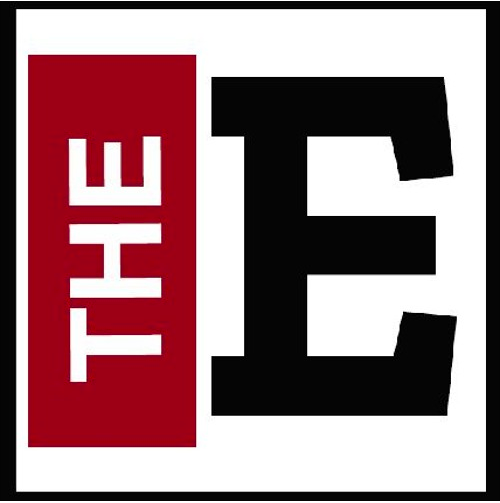
Kevin Sahr • Oct 1, 2014 at 10:59 am
It is unfortunate that Dr. Cullinan continues to misrepresent the events that led to the faculty vote of no confidence in her administration at Southern Oregon University (SOU) last spring, especially since she does so by maligning our faculty union and by ignoring the real reasons that led to the vote: Dr. Cullinan’s leadership failures and her consistent circumvention of shared governance. Dr. Cullinan even admitted that faculty bargaining was not the primary reason the votes occurred at the SOU Faculty Senate meeting held on May 19, 2014 (see the videotape of the meeting at https://sites.google.com/a/sou.edu/sou-faculty-senate-videos/may-19-2014 beginning at minute 33:43). And as to Dr. Cullinan’s claim that she “had quite a bit of [faculty] support”: while it is true that she faired better in the no confidence vote than both her Provost and VP of Finance and Administration, in fact only 17% of the faculty voted that they had confidence in Dr. Cullinan’s leadership.